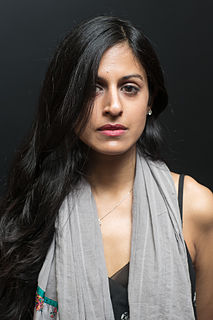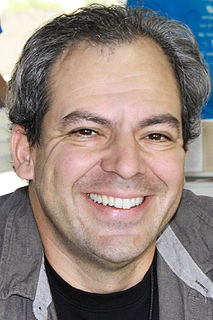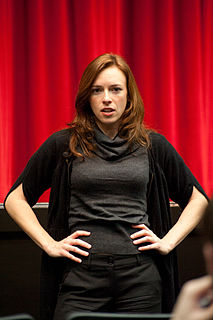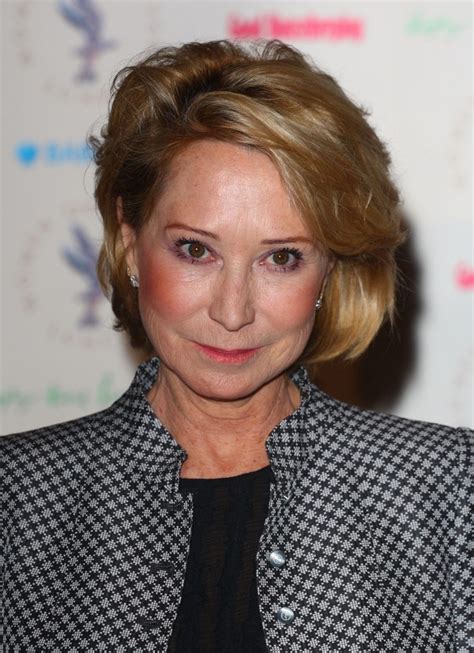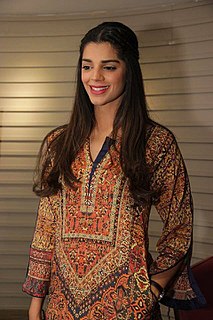A Quote by Parul Sehgal
When we get jealous, we tell stories to ourselves about other people. Jealousy makes you look for intensity rather than accuracy.
Related Quotes
We need to look at the repetitions in the stories we tell ourselves [and] at the process of the stories rather than merely their surface content. Then we can begin to experiment with changing the filter through which we look at the world, start to edit the story and thus regain flexibility where we have been getting stuck
I don't necessarily think stories have functions any more than diamonds have functions, or the sky has a function... Stories exist. They keep us sane, I think. We tell each other stories, we believe stories. I love watching the slow rise of the urban legend. They're the stories that we use to explain ourselves to ourselves.
Even our concepts about romantic love, I think, are destructive; treating people as property is destructive; being jealous of other people is destructive. You know, being jealous is a perfectly natural thing to feel, so it's not about suppressing jealousy, but learning to come to terms with it and to recognize its destructiveness and then to transform it.
We can tell people abstract rules of thumb which we have derived from prior experiences, but it is very difficult for other people to learn from these. We have difficulty remembering such abstractions, but we can more easily remember a good story. Stories give life to past experience. Stories make the events in memory memorable to others and to ourselves. This is one of the reasons why people like to tell stories.
As far as your ego is concerned and your jealousy is concerned, my whole work here is to help you become so loving that the energy that becomes jealousy is transformed into love. And you know perfectly well that jealousy always follows your love. You are not jealous without love. A man who does not love is not jealous. Jealousy is almost like a shadow of love. If we can grow our love, it takes over the whole energy of jealousy and transforms it into love. It is an alchemical change.
I don't think I'm cut out to be a supervillain. I think I'd be a supervillain that would exercise some form of mind control. Rather than war, I'd force people to get on with each other and I'd force people to argue reasonably about things rather than be polemical. So I'd be a supervillain that makes everyone get on, but forcefully. There would be no choice about it. No free will.
Each of us is comprised of stories, stories not only about ourselves but stories about ancestors we never knew and people we've never met. We have stories we love to tell and stories we have never told anyone. The extent to which others know us is determined by the stories we choose to share. We extend a deep trust to someone when we say, "I'm going to tell you something I've never told anyone." Sharing stories creates trust because through stories we come to a recognition of how much we have in common.
What does it matter, if we tell the same old stories? ...Stories tell us who we are. What we’re capable of. When we go out looking for stories we are, I think, in many ways going in search of ourselves, trying to find understanding of our lives, and the people around us. Stories, and language tell us what’s important.
